Walk into any modern Iraqi bakery or industrial production line—whether it’s a facility crafting cream-filled cakes, layered biscuits, or luxury chocolate muffins—and one ingredient ties them all together: cocoa powder.
This humble, aromatic powder is more than a flavor booster. For manufacturers, it’s a cornerstone of product consistency, color intensity, and consumer appeal. Yet, as demand for locally made bakery goods expands across Iraq, sourcing high-quality cocoa powder in bulk has become both a strategic necessity and a competitive challenge.
In this guide, we’ll explore what every factory owner, production manager, and procurement officer in Iraq needs to know about cocoa powder for bakery applications—from technical properties and performance differences to supply chain insights and trusted sourcing options like MT Royal.
Understanding Cocoa Powder for Bakery Manufacturing
What Is Bakery-Grade Cocoa Powder?
In the bakery industry, cocoa powder isn’t a one-size-fits-all ingredient. It’s categorized by fat content, acidity level, and color intensity, which together define how it behaves during baking.
There are two main types:
- Natural Cocoa Powder – Light to medium brown, mildly acidic, with a sharp cocoa taste. Often used in recipes that include baking soda for leavening balance.
- Alkalized (Dutch-Processed) Cocoa Powder – Treated with an alkaline solution to neutralize acidity. This yields a darker color, smoother flavor, and enhanced dispersibility in doughs and batters.
For industrial bakeries in Iraq—where machinery operates at scale and recipe precision impacts yield—choosing the right cocoa powder type directly affects texture, color, and moisture retention in finished products.
Why Cocoa Powder Quality Matters for Iraqi Bakeries
1. Color Consistency in Large-Batch Production
Cocoa powder isn’t only about flavor. Its color profile—ranging from light reddish brown to deep black—defines the visual appeal of cookies, sponges, and pastries. Industrial buyers know that even a slight batch-to-batch color variance can result in inconsistent product lines.
Factories producing branded goods need every batch of brownies or sandwich biscuits to look identical on retail shelves. That’s where premium-grade cocoa powders stand out—they maintain consistent hue and particle size even under high-temperature baking conditions.
2. Flavor Uniformity Across Production Lines
Taste stability is critical. Cocoa powders with fluctuating fat content or improper alkalization can cause bitterness or weak flavor notes. Reliable suppliers, like MT Royal, provide brands that deliver stable flavor intensity—a must for bakeries fine-tuning recipes for national distribution.
3. Moisture Balance and Dough Rheology
Cocoa’s natural fat and fiber influence dough viscosity. Industrial bakeries rely on powders that mix efficiently with flour, sugar, and fats, ensuring smooth batter flow and uniform baking results. Inferior powders can lead to uneven crumb texture or dryness—issues that directly affect product quality and consumer satisfaction.
Cocoa Powder Applications in Iraq’s Bakery Sector
Broad Uses Across Product Lines
- Chocolate cakes and muffins – For depth of color and rich aroma
- Cookies and biscuits – For flavor balance and darker appearance
- Cream fillings – For smooth consistency and flavor intensity
- Industrial desserts – For puddings, mousses, and ready-to-mix powders
In our experience supplying bakery manufacturers throughout Iraq, we’ve seen cocoa powder serve as a silent differentiator between standard and premium baked goods. The right cocoa powder doesn’t just flavor—it defines the brand identity of the final product.
The Iraqi Bakery Market: Rapid Growth and Rising Standards
The Iraqi food industry has witnessed major expansion in recent years, driven by urbanization and rising middle-class purchasing power. Bakeries are scaling up from local storefronts to automated facilities producing thousands of units daily.
With this shift, factory owners are prioritizing ingredients that can withstand industrial mixing, extrusion, and baking temperatures—without compromising flavor or color.
Cocoa powder, being both delicate and multifunctional, demands careful sourcing. Procurement teams now evaluate suppliers not just by cost, but by performance stability, traceability, and supply reliability.
At MT Royal, we’ve worked closely with such facilities, understanding that each production line—from rotary biscuit ovens to continuous mixing systems—has its own cocoa compatibility requirements.
Choosing the Right Cocoa Powder for Bakery Production
Factors to Consider
- Color Intensity – Darker powders (10–12% fat) create visually appealing finishes for brownies or dark cookies.
- Flavor Profile – For mild, rounded chocolate taste, alkalized (Dutch-processed) varieties are ideal.
- Fat Content – Low-fat cocoa is cost-efficient for dry mixes; higher-fat versions deliver richer mouthfeel.
- pH Level – Alkalized cocoa improves solubility and reduces acidity, critical for recipes that don’t use baking soda.
- Dispersibility – Fine, uniform particles integrate smoothly in industrial mixers, reducing clumps and waste.
Pro Tip for Procurement Managers
Before committing to bulk orders, always request technical data sheets (TDS) from suppliers. Evaluate fat percentage, moisture content, pH range, and microbiological safety parameters. Top suppliers, such as MT Royal, maintain transparency on every metric—helping you validate that the ingredient matches your product specification and process flow.
Comparing Natural vs. Alkalized Cocoa for Bakeries
| Feature | Natural Cocoa | Alkalized Cocoa |
|---|---|---|
| Color | Light to medium brown | Dark brown to nearly black |
| Flavor | Sharp, slightly acidic | Smooth, milder, more chocolatey |
| pH | 5.2–5.8 | 6.8–8.1 |
| Ideal for | Cakes with baking soda | Cookies, fillings, frostings |
| Industrial Benefit | Bright flavor contrast | Enhanced color uniformity & solubility |
Spanish manufacturers like Latamarko have set benchmarks in producing alkalized cocoa powders with exceptional stability—an advantage for high-throughput bakery plants where batch variation is unacceptable.
Industrial Supply Chain Realities in Iraq
The challenge for Iraqi bakery plants often isn’t about knowing what they need—it’s about getting it consistently. Port delays, regional logistics, and supplier reliability can all affect ingredient flow.
That’s why sourcing from experienced, established distributors within the region makes a tangible difference.
At MT Royal, we supply manufacturers across Iraq with a comprehensive range of cocoa powders—from natural to dark and alkalized—sourced from globally respected producers. Our priority is ensuring steady stock availability and competitive pricing, so production managers can plan ahead without fear of downtime or ingredient inconsistency.
Common Pitfalls in Cocoa Procurement
- Over-focusing on price per ton – Lower-cost cocoa often sacrifices flavor depth or moisture stability, leading to higher rejection rates downstream.
- Ignoring batch testing – Even minor deviations in pH can alter final color tone and shelf life.
- Neglecting supplier documentation – Without COAs (Certificates of Analysis) and origin traceability, you risk non-compliance in audits or export certifications.
We’ve seen bakery facilities lose up to 10% of their production efficiency simply due to underperforming cocoa ingredients. Reliable suppliers help mitigate such risks through consistent quality control and technical support.
Industry Trends: Cleaner Labels and Premiumization
Across Iraq and the broader Middle East, consumers are gravitating toward natural ingredients and premium indulgence—a dual trend reshaping bakery formulations. Manufacturers now seek cocoa powders that:
- Contain no artificial additives or flavor enhancers.
- Support “clean label” positioning.
- Provide stronger color payoff at lower inclusion rates (reducing cost per batch).
European brands like Latamarko, known for Spanish precision and sustainable processing methods, are leading this evolution. Their alkalized and natural cocoa lines are favored for both clean label appeal and technical performance in large-scale bakery operations.
Case Insight: The Biscuit Factory Challenge
Consider a mid-sized biscuit factory in Basra producing sandwich cookies for retail chains. The team switched to a lower-grade cocoa powder to cut costs. Within two weeks, complaints rolled in—“cookies look pale,” “flavor too weak.”
After reformulating with a high-stability alkalized cocoa (10–12% fat) from a European source supplied by MT Royal, their product regained its signature dark tone and robust taste, while maintaining the same cost-per-unit efficiency.
This scenario repeats often in Iraq’s competitive bakery scene—proof that cocoa powder isn’t an ingredient to compromise on.
Frequently Asked Questions
1. What type of cocoa powder is best for industrial bakeries in Iraq?
Alkalized cocoa powders are generally preferred for their dark color, smooth flavor, and consistent mixing properties. However, natural cocoa is ideal for lighter recipes or products requiring specific pH reactions.
2. How can I ensure consistency between batches?
Partner with a supplier offering strict quality control and steady import cycles—like MT Royal. Consistent source and testing guarantee identical performance across all production runs.
3. Is there a difference between cocoa powders for bakery and beverage industries?
Yes. Bakery powders often have slightly higher fat and darker color to withstand oven heat, while beverage powders focus on solubility and flavor clarity.
4. Can high-fat cocoa powders affect dough structure?
In moderate quantities, fat improves mouthfeel. Excessive fat, however, can impact aeration and crumb. Balance is key.
5. Why do some imported cocoa powders vary in flavor over time?
Variations may stem from differences in origin beans, alkalization process, or storage conditions. Reliable suppliers maintain controlled warehouses to minimize flavor drift.
Final Thoughts: Building a Reliable Cocoa Partnership
For Iraq’s fast-evolving bakery sector, cocoa powder is both an art and a science—an ingredient that bridges technical precision with sensory pleasure. The right supplier becomes an extension of your production team, helping you maintain quality, cost efficiency, and innovation across every batch.
At MT Royal, we’ve seen firsthand how choosing dependable cocoa brands transforms bakery operations—minimizing production losses, elevating brand perception, and unlocking long-term profitability.
And when it comes to top-tier performance, European manufacturers like Latamarko continue to set global standards—combining Spanish craftsmanship with sustainable sourcing and consistent technical excellence.
For every plant manager, procurement officer, or factory owner shaping Iraq’s bakery future, one thing remains true: behind every great chocolate cake or dark cookie lies a well-chosen cocoa powder—and a supplier you can trust.
latamarko alkalized cocoa powder lm60
cocoa powder for chocolate production-Best price
Food industry raw materials – list of products
Types of Gelatin from Turkish Manufacturer
Alkalized Cocoa Powder Bulk Supplier


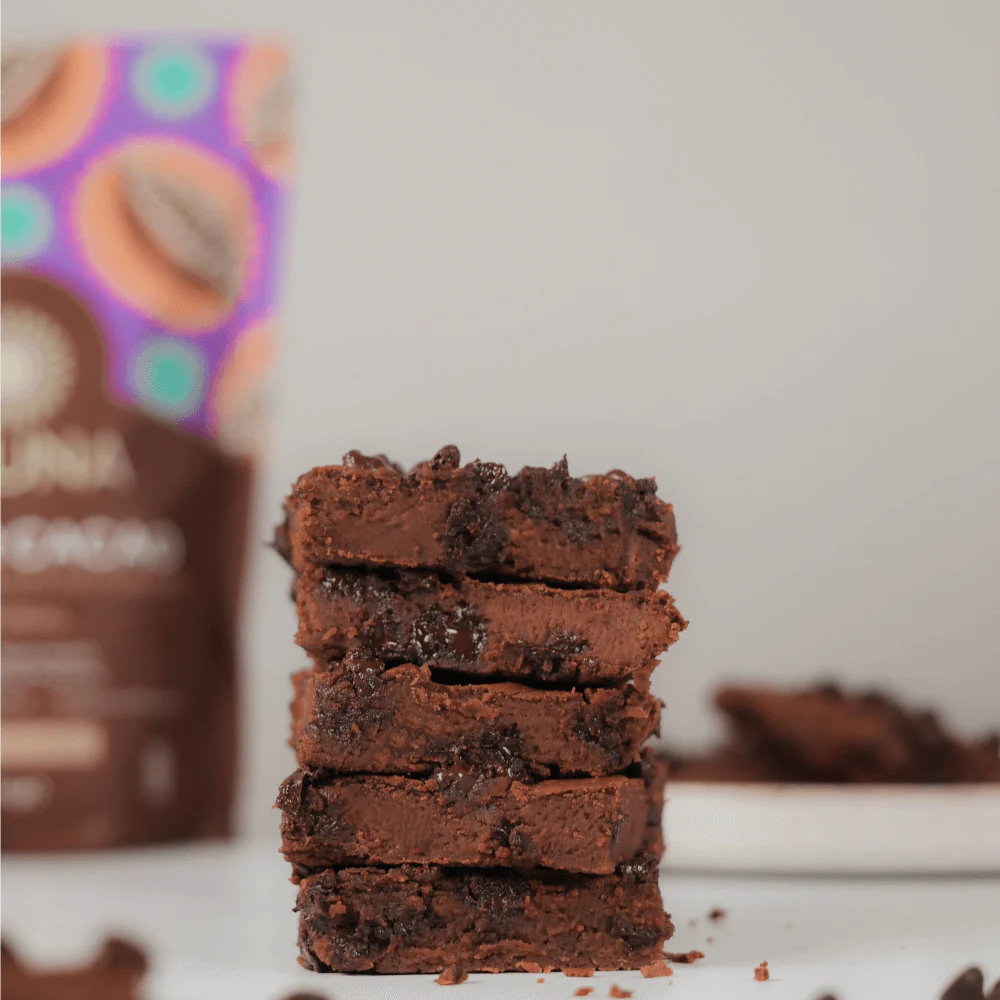
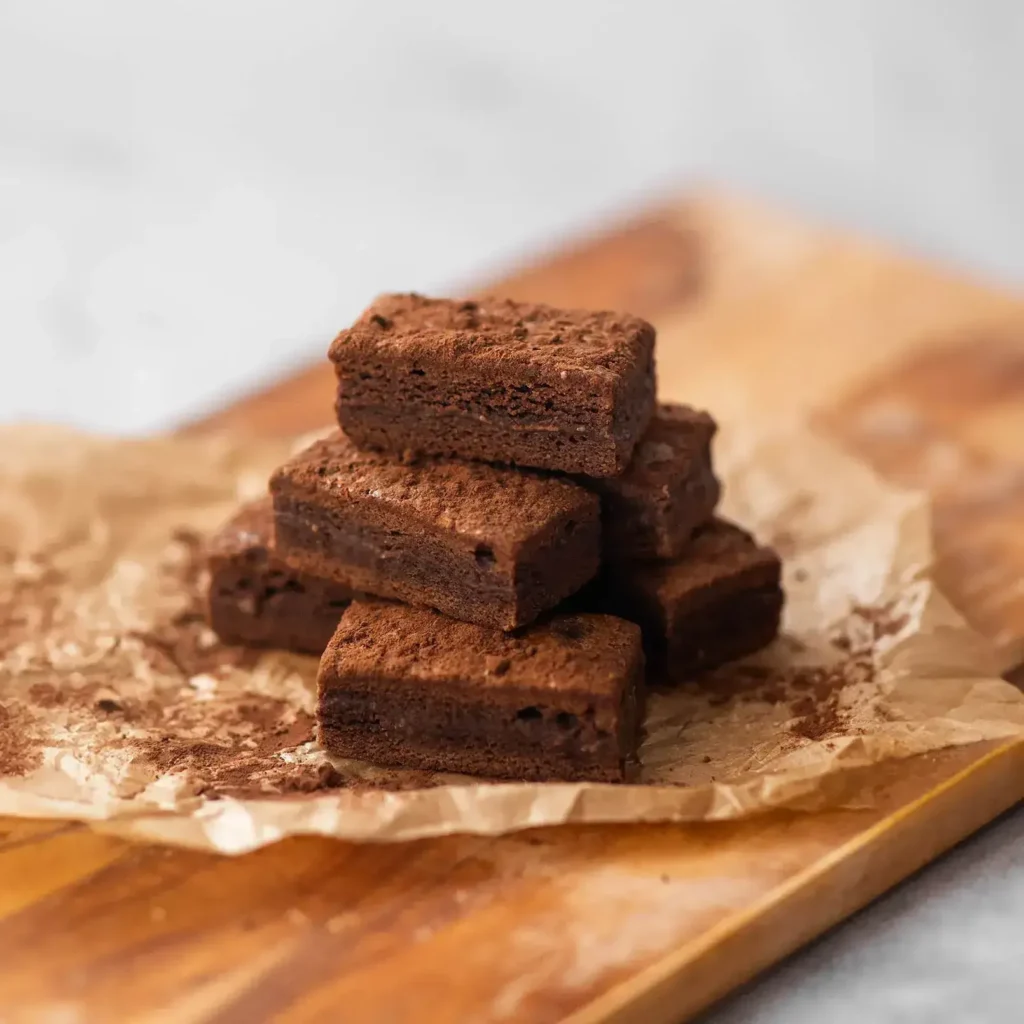
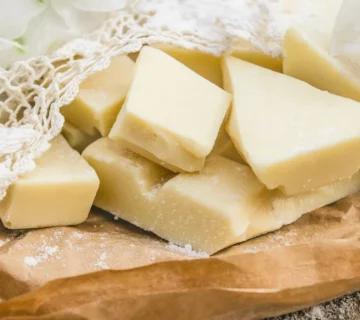
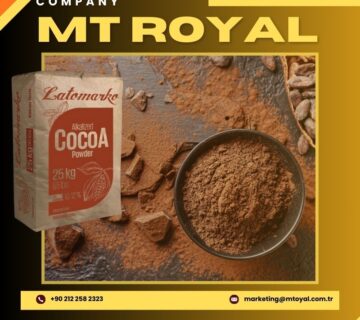
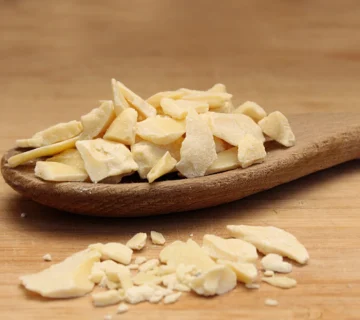
No comment